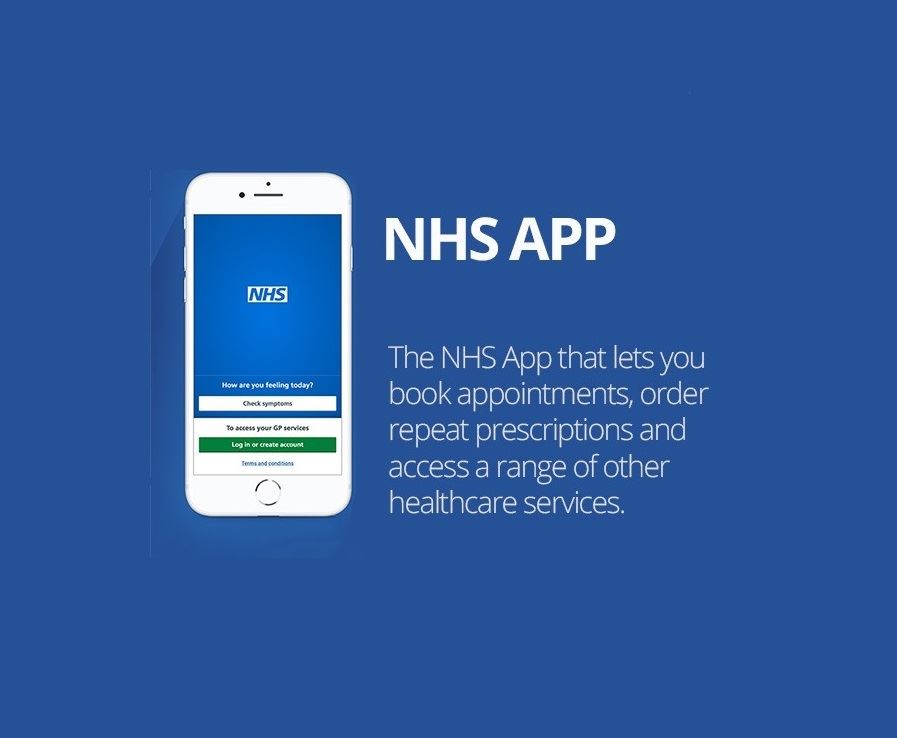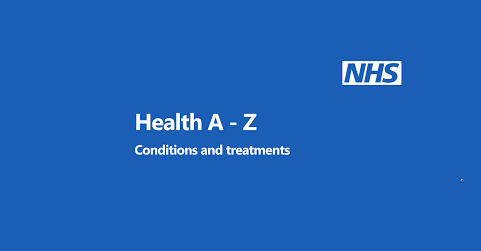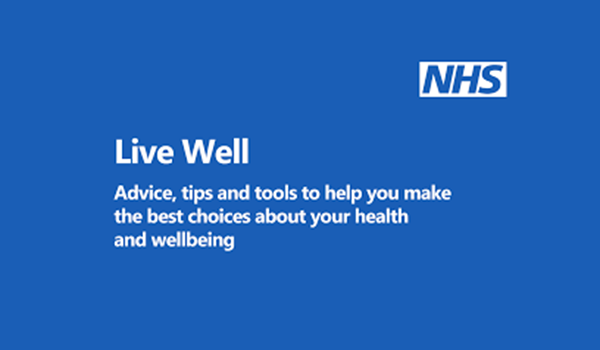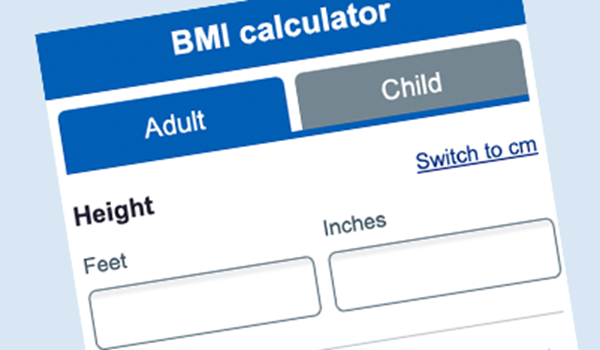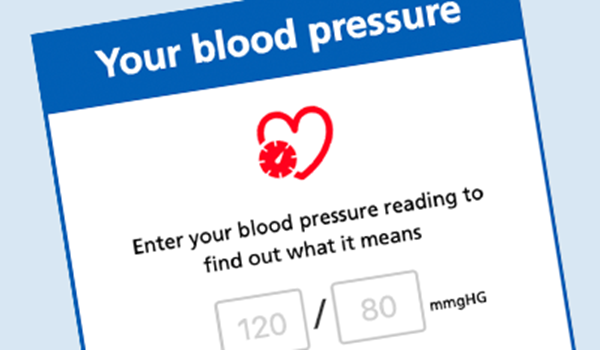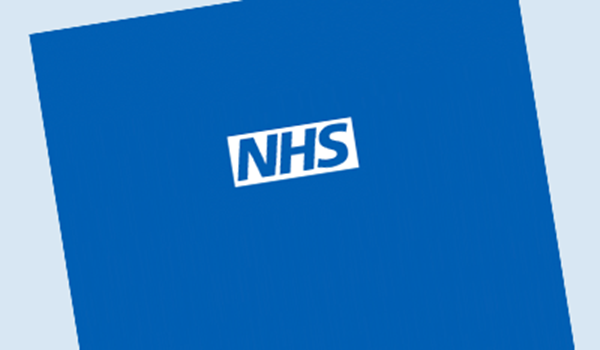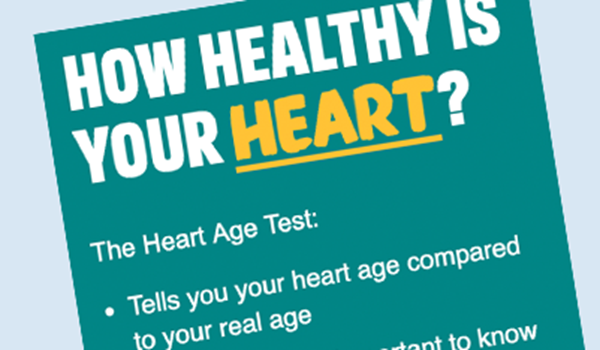Self Help & Wellbeing
Welcome to our self-help centre. Here you will find both local health information and NHS content and a selection of tools for health checks.
Did you know you can self-refer for other services?
Self Referral Infomation
Including with the avaiable services as mentioned above, did you know you can self refer for other services like:
- Stop Smoking
- Physiotherapy
MSK Service update:
If you have a musculoskeletal problem you can access help and support here INCLUDING SELF REFERRAL: www.whittington.nhs.uk/msk for local residents living in Haringey or Islington (or with a GP in either borough)
Do you need support with self-management of muscle or joint problems in the meantime?
Whittington Health now have an easy, safe, and effective way to help you improve your musculoskeletal health without the need for a clinic appointment, through the getUBetter app. This provides evidence-based advice for all common muscle, bone, and joint problems, including back, back and leg, neck, shoulder, hip, knee, ankle pain, soft tissue injuries and conditions. You can access getUBetter app via this QR code.
Click here to access: https://app.getubetter.com/request-access/1/28e209b61a52482a0ae1cb9f5959c792
Please click on the link here to see for more info -> Self Refer
Worried about Cancer?
North Central London CCG would like to reassure you that if you are worried about any unusual symptoms you may be experiencing that could be cancer, the NHS is open for you so please do not hesitate to contact your doctor.
You may be offered a telephone or video consultation instead of a face-to-face one, and you will only be asked to come to your GP practice or go to a hospital if it is safe to do so. Chances are it is nothing serious, but finding cancer early makes it more treatable. Please watch the video on the right or click below for more information.
Worried about your cholesterol?
Cholesterol is something which many wonder about and how to manage a high cholesterol. Did you know that there is a wide range of resources available to help with different aspects of living with cholesterol conditions. Please visit the link below for more information.
Healthy Start
Pregnant women, women with a baby under one year old and children from six months old to their fourth birthday on Healthy Start will get green Healthy Start vitamin coupons. These will be sent to you, with your Healthy Start vouchers, every eight weeks. Healthy Start women’s vitamin tablets contain:
- Folic acid (reduces the chance of your baby having spina bifida, a birth defect where the spine doesn’t form properly)
- Vitamin C (helps maintain healthy tissue in the body)
- Vitamin D (helps your body to absorb calcium and so supports your baby’s bones to develop properly).
Healthy Start children’s vitamins contain
- Vitamin A (for growth, vision in dim light and healthy skin),
- Vitamin C (helps maintain healthy tissue in the body), Vitamin D (for strong bones and teeth).
- More information on Healthy Start vitamins can be found on the Healthy Start website, or call Claire Wass, Public Health Officer on 020 8489 1031. You can pick up an application form and get your healthy start vitamins from any of the children’s centres and participating pharmacies which can be found on by clicking this link
Baby Weighing Clinics
Your baby is routinely weighed during your 6-8 week check up. However if you wish to monitor your baby's weight after this you can bring your child to a local baby weighing clinic held across Haringey. Please contact the centres for up to date details before attending for drop in checks.
Long Term Conditions at Havergal Surgery
We are improving the way we work with patients with long-term conditions
Patients living with certain long-term conditions will be encouraged to attend a yearly health check. Long-term conditions are those that impact over a long period of time, such as diabetes and heart diseases.
Patients will receive personalised care and support from healthcare professionals from their general practice. This will cover things that patients say matter most to their health and wellbeing, from the best treatment for their condition, to wider things like employment, housing, and mental health.
Our goal is that by planning care together with care, patients will have the confidence to manage their health, reduce their risk of being admitted to hospital, and have a better quality of life.
Who is this for?
Initially, we will cover nine long-term conditions:
- Diabetes (Type 1 and Type 2)
- Cardiovascular disease (for example, strokes, health failure, ischaemic heart disease, and peripheral artery disease)
- Hypertension (High blood pressure)
- Hyperlipidaemia (High cholesterol)
- Non-alcoholic fatty liver disease
- Atrial fibrillation
- Chronic kidney disease
- Asthma
- Chronic obstructive pulmonary disease.
In the future, we will look to expand this to cover more long-term conditions.
What can you expect?
If you have one of the long-term conditions listed above, you will be encouraged to have at least three check-ins per year. Each stage is described below for you:
- Attend your Check and Test Appointment
In your Check and Test Appointment, a health professional will carry out all the checks and tests you need to monitor and manage your long-term condition. You may be sent for a blood test and have other checks like a blood pressure check and weight check. We may discuss lifestyle factors such as smoking and exercise with you too.
- Receive your test results and your Care Plan
After two to four weeks, you will receive your test results (by post, text, or email, however you prefer).
We will also send a blank document called a Care Plan.
A Care Plan is an agreement between you and your healthcare professional to help manage your health and support day to day. In your Care Plan, you can record things that are important to your health and wellbeing. This can include anything from your life, like employment, housing, or mental health.
A Care Plan covers:
- What is important to you and the goals you have
- How to get the most out of your medication
- The care and support you need from others
A healthcare professional will review your Care Plan with you in your Discussion Appointment. You can start filling out your Care Plan before your appointment or you can fill it during your appointment.
- Attend your Discussion Appointment
You will then be invited to a Discussion Appointment with a healthcare professional. This may be another team member (such as a nurse, health care assistant, pharmacist, social prescriber link worker) who is best placed to support your care and can spend more time with you. This appointment will take around 30 minutes.
You can discuss your long-term conditions, test results, treatment, and anything else that is affecting your health, from housing to employment. Together we will look at what matters most to you and agree some goals. Your Care Plan will be updated with what has been agreed.
- Attend your Follow-Up Appointment
Three to six months later, you will be invited to a Follow-Up Appointment. This will last up to 15 minutes and is an opportunity to update your Care Plan with a healthcare professional, considering what is going well and where you may need more support. You may have more than one Follow-Up Appointment in a year.
How will I be contacted if this is for me?
We will contact you via text, phone call, or letter to organise your appointments. We will contact patients over the year so please do not worry if you do not hear from us right away. If you are concerned or have questions, please contact us.
Free breastfeeding drop-in sessions
ABC Parents are providing free breastfeeding drop-in sessions, designed to empower new and expecting parents in Haringey & Enfield. These sessions are a valuable resource for fostering a healthy and informed start to the journey of parenthood. Please share within your practice and encourage patients to attend.
Contact: Community Infant Feeding Advisor, Servet Vedat s.vedat@nhs.net
More information: https://www.northmid.nhs.uk/abcparents/
When & Where:
- Mondays, 12:30 pm to 2:30pm - The Salvation Army, 336 Fore Street, Edmonton N9 0NU
- Fridays, 12:30pm to 2:30pm - Lordship Hub Cafe, Tottenham, N17 6NU
- Saturday 10am to 12:00pm - Wood Green Library Children's Area, 187-197a High Road, Wood Green, N22 6XD
Are you Ex-Forces (Veteran)?
Havergal Surgery is now an armed forces veteran friendly accredited GP Practice. Our duty to the Armed Forces community. The NHS has a duty to deliver on a number of health commitments in relation to the Armed Forces community (serving personnel (regulars and reservists), veterans and their families), which are set out in the Armed Forces Covenant and principle four of the NHS Constitution. There are many services and organisations dedicated to helping: Questions and Answers and Top Tips
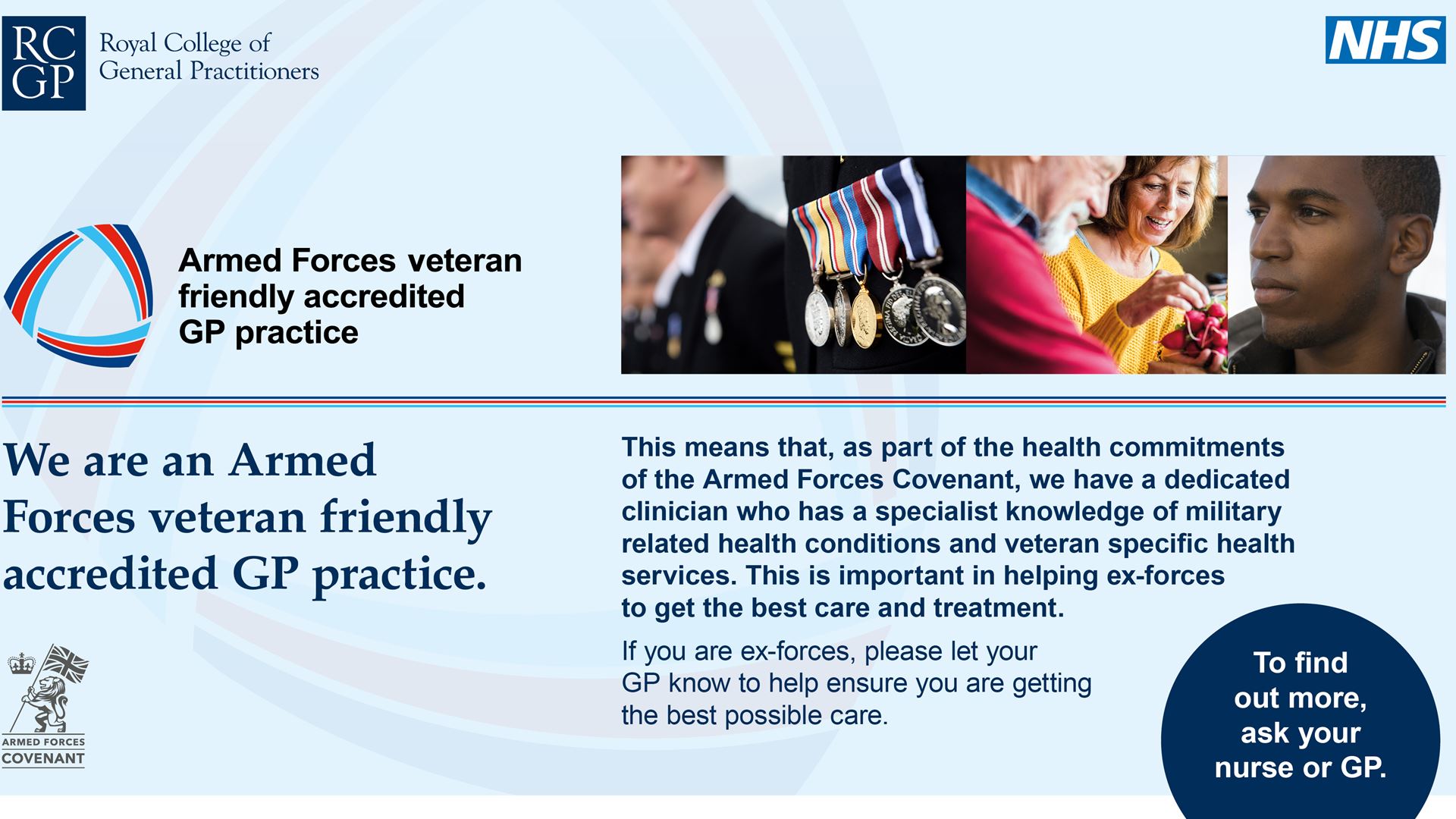
Worried about Dementia?
Alzheimer’s Society’s Dementia Friends programme is the biggest ever initiative to change people’s perceptions of dementia. It aims to transform the way the nation thinks, acts and talks about the condition.
Whether you attend a face-to-face Information Session or watch the online video, Dementia Friends is about learning more about dementia and the small ways you can help. From telling friends about the Dementia Friends programme to visiting someone you know living with dementia, every action counts.
For more information, please visit the link below or view the attached leaflets for more information.
https://www.dementiafriends.org.uk/
Haringey - Dementia and Safeguarding leaflet - Jan 24.pdf
Decision Support tools
NHS England made six simple guides about hernia, prostate problems, gallstones, varicose veins, heavy periods, and Type 1 Diabetes. These guides, also known as decision support tools, help patients and doctors talk about treatment choices. They explain the pros and cons of each option and help patients think about what matters most to them. The Easy Read versions make it easier for people with learning disabilities or those who don't speak English well to understand.
For more information: https://www.england.nhs.uk/personalisedcare/shared-decision-making/decision-support-tools/
